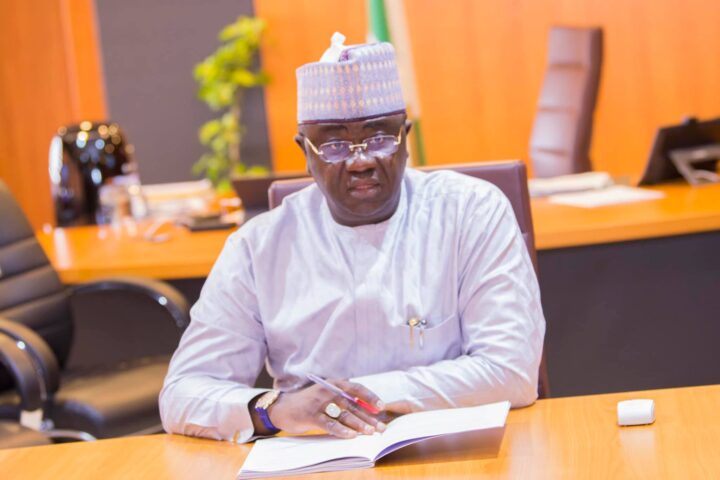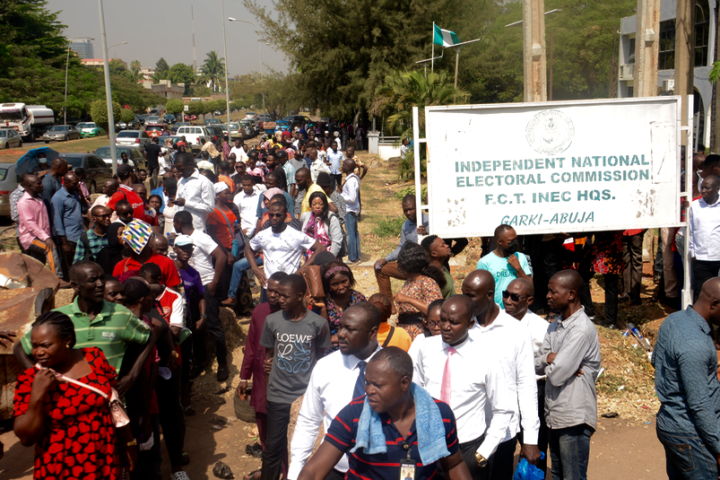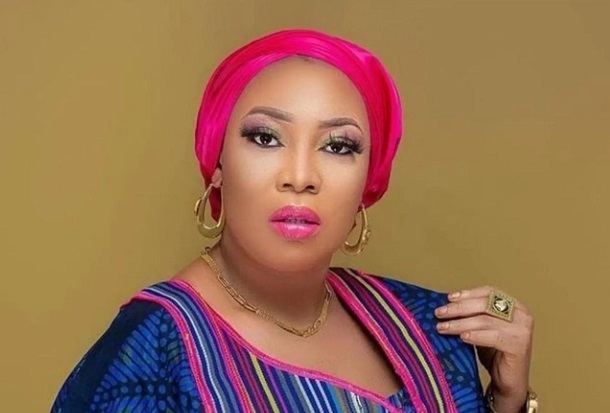Clement Agba, minister of state for finance, budget and national planning, says, based on the reviewed national integrated infrastructure master plan, $2.3 trillion is needed to close infrastructural gap in the country.
Agba disclosed this during a media parley in Abuja on Monday.
He said the new master plan provided the roadmap for building a world-class infrastructure that would guarantee sustainable growth and development in Nigeria.
According to Agba, the country has a $2.3 trillion infrastructural gap and plans to ensure that 70 percent of the infrastructure stock from the current 30 to 35 percent is closed by 2043.
Advertisement
The minister added that the plan also prescribes an expenditure of $150 billion annually to achieve this target.
He said his ministry, through the infrastructure department, had ensured an annual production of national infrastructure report to track the level of implementation and development on infrastructure across all sectors while also coordinating the review of the national road safety strategy (NRSS:2021-2030) to assist in the reduction of road accident fatalities on Nigerian roads.
Agba also said Nigeria’s budgetary processes were much more transparent and participatory now, as all stakeholders, especially the citizens, were carried along and enabled to make input into the processes.
Advertisement
The minister further said the country has been accepted into the membership of the Beneficial Ownership Leadership Group, a transnational body established to drive a “set of best practice disclosure principles”.
“Nigeria recorded its best performance in the open budget survey (OBS), scoring 45 percent in the latest 2021 survey for transparency, indicating an improvement by 24 points — a significant leap from the 21 percent achieved in the 2019 exercise,” Agba said.
“Our aspiration in joining the leadership group is to strengthen our international alliances towards a more seamless coordination for tracking illicit flows from Nigeria to anywhere around the world.”
Agba further said states across the country had begun to increase efforts to improve transparency and accountability in their governance processes.
Advertisement
He said 24 states out of 36 states and the Federal Capital Territory (FCT) in Nigeria had so far accepted the open government partnership, (OGP), and were making concrete commitments to develop a culture of transparency and accountability in the governance processes while empowering citizens to participate effectively in governance processes.
“Also, the Abuja Municipal Area Council has keyed into the open government partnership, making it the first local government to do so,” he added.
WORLD BANK’S SEEFOR PROJECT
Speaking the progress made so far with the state employment and expenditure for results (SEEFOR) project (2014-2020), the minister said four states have been supported in Nigeria.
Advertisement
“This actually began before the inception of our administration but ended two years after I was appointed minister of state for budget and national planning. SEEFOR was a World Bank-funded project in partnership with the European Union, designed for four Niger Delta states of Bayelsa, Delta, Edo and Rivers,” he explained.
“The project involved a concessionary interest-free loan of $200 million from the World Bank with a grant element of about $78.4 million from the European Union.
Advertisement
“It was aimed at enhancing opportunities for employment and access to socio- economic services, while improving public expenditure management systems in the participating states.”
Agba noted that, in collaboration with the World Bank, his ministry designed the above-named programme to provide support to the 36 states and the FCT on some major result areas, including social issues and FADAMA agriculture.
Advertisement
He said the project outlined a proposed programme-for-results operation of $750 million to support the 36 states and the FCT in their efforts to mitigate the impact of the COVID-19 pandemic on the livelihoods of the poor and vulnerable households as well as micro-enterprises in the country.
Agba added that the federal government had, for the first time, launched a multidimensional poverty report, situation analysis for children, and monitoring child poverty in Nigeria.
Advertisement
“The reports of these three studies will help in shaping policies and actions of government and all stakeholders towards addressing the socio-economic, nutrition and health challenges of the child,” he said.
Add a comment





